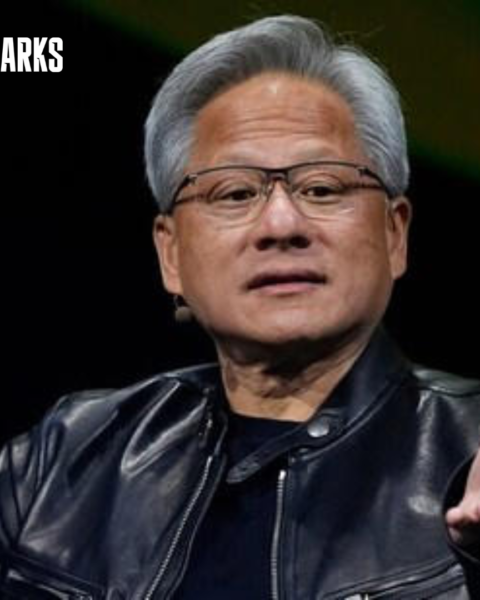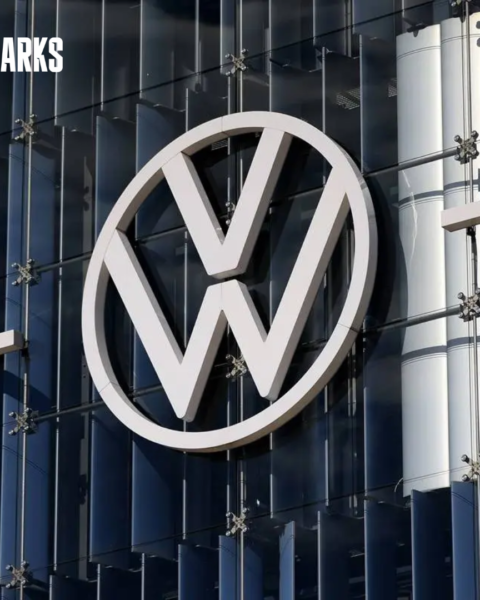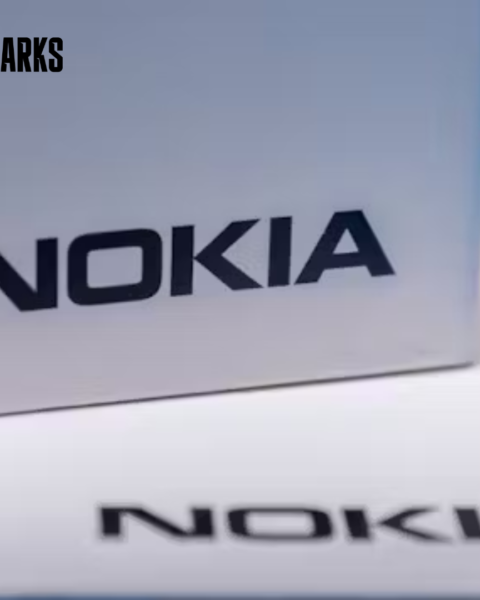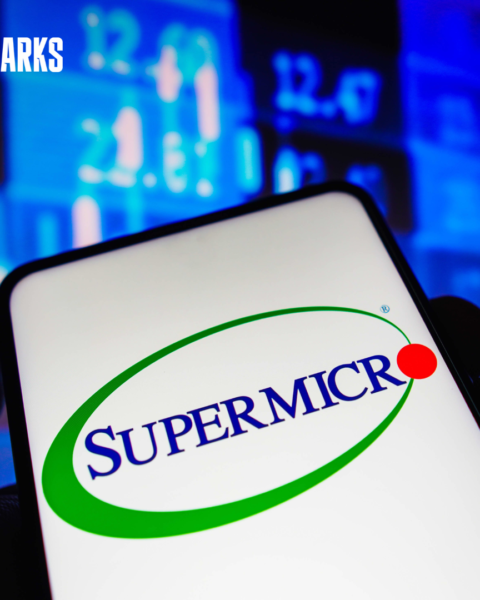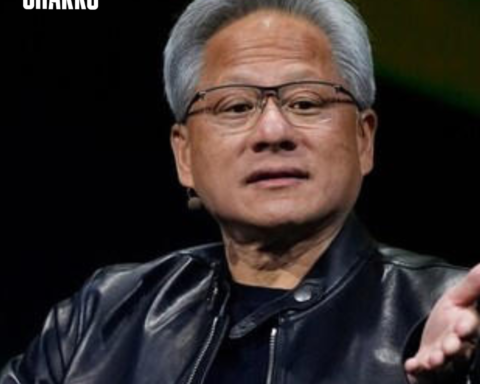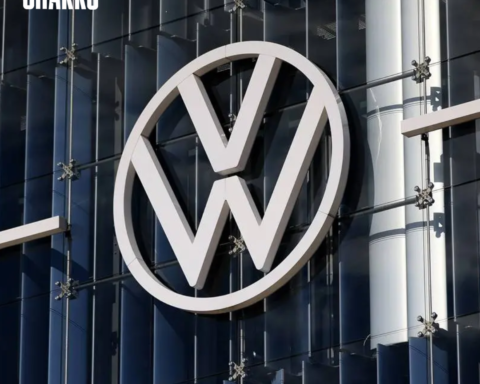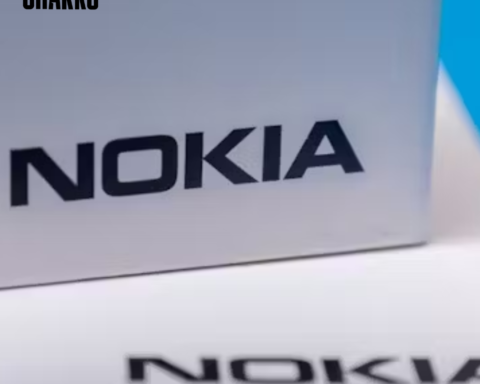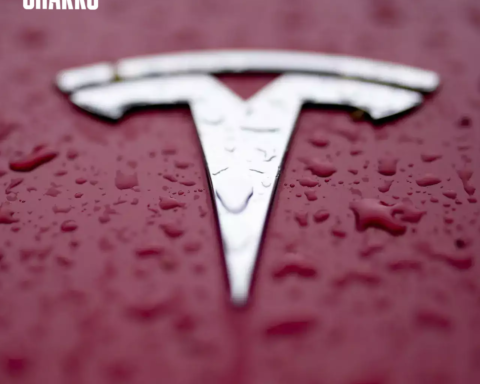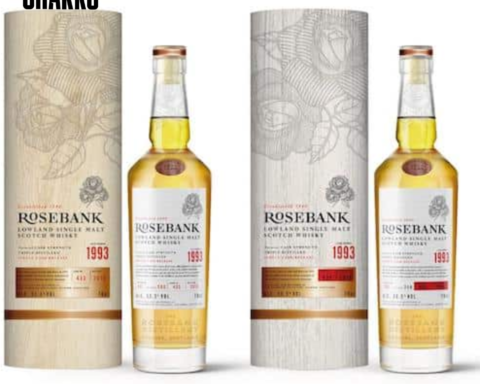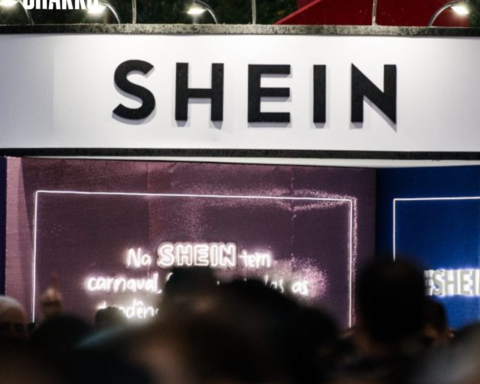Chinese Industry Body Challenges EU Tariffs on EV
The CCCME, which represents 12 Chinese manufacturers, has challenged the EU's tariffs on electric cars (EVs) manufactured in China.
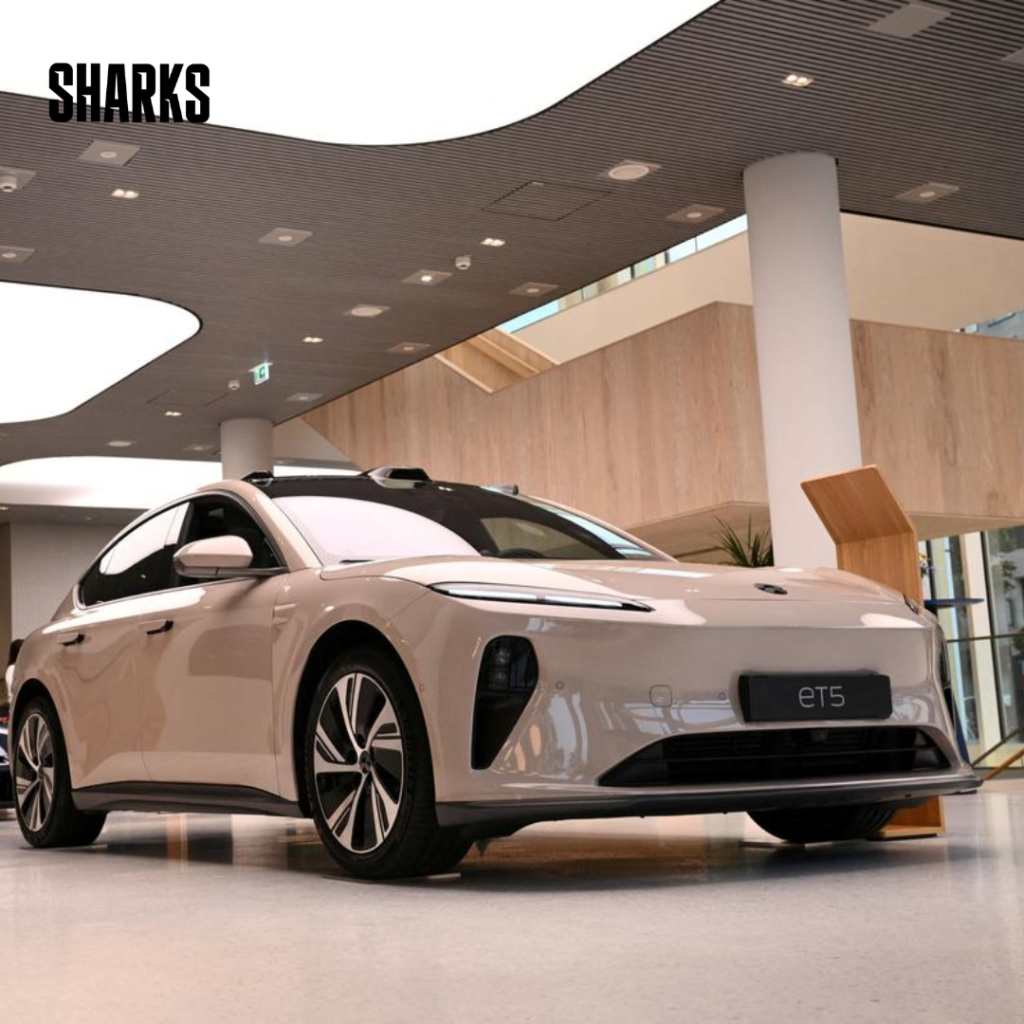
The China Chamber of Commerce for Import and Export of Machinery and Electronic Products (CCCME), representing 12 Chinese automakers, has challenged the European Union (EU) tariffs on electric vehicles (EVs) built in China. The CCCME argues that these tariffs breach global trading rules and must be corrected.
During a hearing with the European Commission, CCCME vice president Shi Yonghong expressed concerns about the EU’s preliminary assessment, which he claims is incompatible with EU and World Trade Organization (WTO) rules. Shi urged the Commission to correct these findings and terminate the investigation into Chinese EV subsidies.
Background on EU Tariffs:
Earlier in July, the European Union imposed provisional tariffs ranging from 17.4% to 37.6% on EVs made in China. This includes Chinese brands like BYD, Geely, and SAIC and models built in China by Western manufacturers such as Tesla and BMW.
Shi Yonghong argued that:
- Chinese automakers had a stable share of the EU market, indicating no imminent threat to the EU industry.
- Chinese imports did not cause EU industry losses.
- The investigation lacked transparency and was marred by procedural issues.
The European Commission stated that its investigation aims to ensure a level playing field and is in line with EU and WTO rules. The Commission will resume its research by the end of October, emphasizing that the goal is not to exclude Chinese EVs from the market.
Negotiation for a Solution:
Shi Yonghong called for negotiations between Brussels and Beijing to find a balanced solution. He suggested that the final tariff rate should be between zero and 20%, compared to the current average provisional duty of 20.8%. Shi described the current tariffs as “unreasonable and inflated.”
Impact on Investment:
Shi warned that ongoing EU investigations into the impact of foreign subsidies could deter Chinese car and battery makers from investing in Europe. He highlighted that many EU member states anticipate investment from China and that these measures could negatively impact those expectations.
EU member states will have a final say on the duties at the end of the investigation. A non-binding vote this week revealed divided opinions among member states regarding the merits of the tariffs.
Share This
Tony Boyce is a seasoned journalist and editor at Sharks Magazine, where his expertise in business and startups journalism shines through his compelling storytelling and in-depth analysis. With 12 years of experience navigating the intricate world of entrepreneurship and business news, Tony has become a trusted voice for readers seeking insights into the latest trends, strategies, and success stories.

